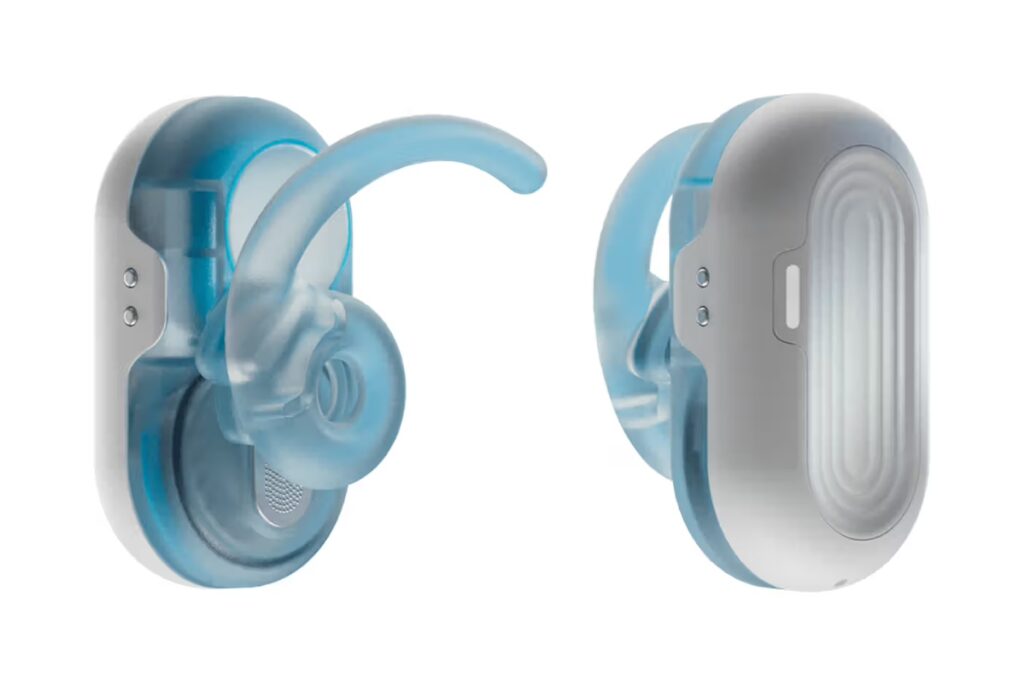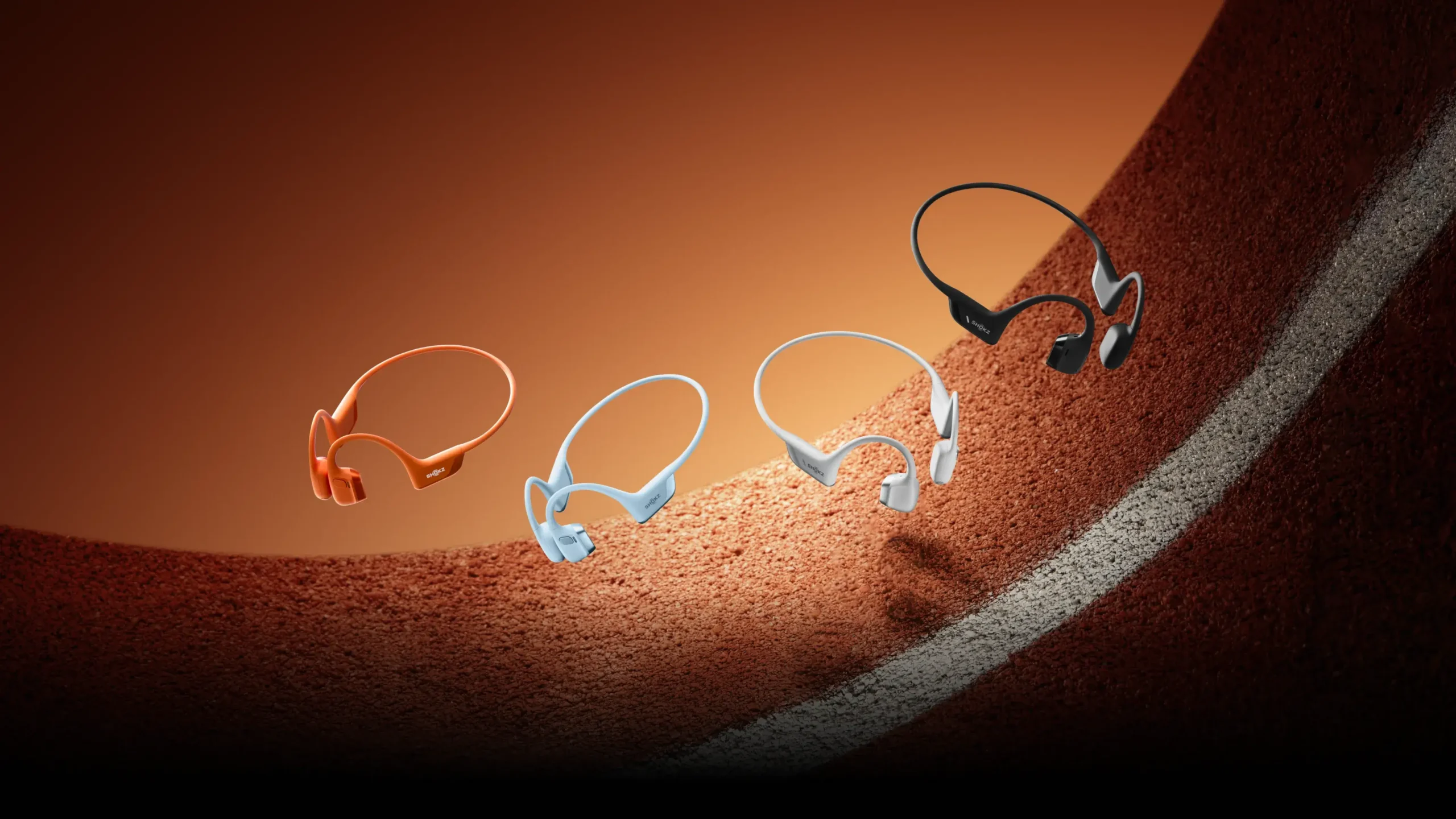The future of personalized technology is here, and it’s nestled comfortably in your ears. At CES 2025, the annual global stage for innovation, startup Natura Umana is set to unveil its groundbreaking creation: Humanpods, a pair of smart earbuds that promises to redefine the way we interact with artificial intelligence. With a built-in suite of AI personas tailored to different user needs, these earbuds could be the first step toward a more immersive, intuitive, and versatile form of human-computer interaction.
What Are Humanpods?
Humanpods are more than just wireless earbuds. While they deliver high-fidelity audio like industry leaders such as Apple AirPods and Bose QuietComfort Earbuds, they stand apart with their ability to host multiple AI personas. These personas are designed to cater to a wide array of user needs, ranging from mental health support to fitness coaching and productivity optimization. Each AI persona comes with its own voice, personality, and expertise, giving users access to a virtual team of professionals—right in their ears.
According to Natura Umana CEO Elena Marconi, “Humanpods represent the next evolution of AI-human interaction. They’re not just gadgets; they’re companions, helpers, and advisors that adapt to your life in real time.”
How Do Humanpods Work?
At the heart of Humanpods lies Natura Umana’s proprietary AI software, which uses advanced machine learning algorithms to deliver highly contextual and human-like interactions. Each pair of earbuds is equipped with cutting-edge microphones, biometric sensors, and noise-canceling technology, allowing the device to gather real-time data about the user’s environment and state of mind.
When users activate a specific persona—such as “Kai” the fitness trainer or “Sofia” the life coach—the earbuds adapt to provide tailored responses, guidance, and even emotional support. For instance:
•A Fitness Persona: The AI fitness coach can design personalized workout routines, provide real-time feedback during exercises, and even adjust the intensity based on biometric data like heart rate or oxygen levels.
•A Therapist Persona: This persona listens empathetically, offers mindfulness exercises, and uses evidence-based approaches like Cognitive Behavioral Therapy (CBT) to help users navigate emotional challenges.
•A Productivity Persona: Perfect for students and professionals, this AI persona helps users organize tasks, set reminders, and even block distractions by filtering out irrelevant audio cues during deep work sessions.
Users can seamlessly switch between personas using voice commands or the companion app, which also tracks their interactions and progress over time.
The Inspiration Behind Humanpods
Natura Umana’s vision for Humanpods stems from a growing need for hyper-personalized, on-demand support in a fast-paced world. Marconi, who has a background in cognitive neuroscience and AI ethics, explains:
“We’re seeing a convergence of technology and human behavior. People want tools that don’t just react but proactively help them navigate their challenges, whether that’s maintaining mental health, achieving fitness goals, or staying productive. With Humanpods, we wanted to create something that feels less like a tool and more like an extension of yourself.”
The inspiration for the AI personas was drawn from diverse fields, including psychology, fitness, and education. Natura Umana collaborated with therapists, trainers, and productivity experts to design the core functionalities of each persona, ensuring that they were grounded in real-world expertise.
Why AI Personas?
The concept of AI personas isn’t entirely new—digital assistants like Siri, Alexa, and Google Assistant have paved the way for conversational AI. However, these assistants are often generalists, limited in their depth of expertise. Humanpods aim to fill that gap by offering specialized AI personas that can dive deep into specific areas of a user’s life.
This approach is particularly compelling in sectors like mental health and fitness, where access to professional support is often limited by cost or availability. “Imagine having a personal trainer who’s always there when you need them or a therapist who can guide you through moments of stress,” says Marconi. “That’s the power of AI personas.”
Ethical Considerations and Data Privacy
As with any AI-driven device, concerns about data privacy and ethical usage are inevitable. Humanpods collect a significant amount of personal data, including biometric information, voice recordings, and usage patterns. Natura Umana has addressed these concerns by implementing robust privacy safeguards, including end-to-end encryption, on-device processing for sensitive data, and user-controlled data sharing settings.
Marconi emphasizes that privacy was a top priority during the development process. “We want users to feel safe and empowered. That’s why we’ve built transparency into the DNA of Humanpods. Users have full control over their data and can opt out of data sharing entirely.”
Additionally, the startup has established an ethical advisory board to ensure that the AI personas adhere to strict guidelines around bias, fairness, and responsible usage.
Market Potential and Competition
Humanpods enter a competitive landscape dominated by big tech players like Apple, Google, and Samsung, all of whom have integrated AI into their wearable devices. However, Natura Umana’s focus on specialized AI personas sets it apart.
Market analysts believe the earbuds could appeal to several key demographics, including:
•Wellness Enthusiasts: People seeking affordable mental health and fitness support.
•Professionals: Those looking for productivity tools that blend seamlessly into their daily routines.
•Early Adopters: Tech enthusiasts eager to explore the latest in AI innovation.
Early buzz around Humanpods suggests they could carve out a niche in the growing market for wearable AI devices, which is projected to reach $60 billion by 2030.
Challenges and Limitations
While the concept of AI personas is undeniably exciting, experts caution that there are challenges to consider. For one, the effectiveness of these personas will depend heavily on the quality of their programming and their ability to handle complex, nuanced interactions.
There’s also the risk of over-reliance on AI for tasks that traditionally require human expertise. While an AI therapist might provide valuable support, it cannot fully replace the depth and empathy of a human counselor.
Finally, pricing could be a barrier to adoption. Natura Umana has not yet announced the price of Humanpods, but with their advanced features, they are likely to be positioned as a premium product.
Looking Ahead
As CES 2025 approaches, excitement around Humanpods continues to build. For many attendees, the earbuds represent a tantalizing glimpse into the future of AI-powered personalization.
Beyond the initial launch, Natura Umana has ambitious plans to expand the capabilities of Humanpods. Upcoming software updates are expected to introduce new personas, such as a language tutor and a career coach. The startup is also exploring partnerships with third-party developers to create a marketplace for custom personas, allowing users to further tailor their experience.
Marconi remains optimistic about the potential impact of Humanpods. “This is just the beginning,” she says. “We envision a world where everyone has access to the tools they need to thrive, no matter where they are or what challenges they face.”
Impression
Humanpods may be a small device, but their potential is enormous. By combining cutting-edge AI technology with a human-centric design philosophy, Natura Umana is poised to set a new standard for wearables. Whether you’re looking for a therapist, a fitness trainer, or just a little extra support throughout the day, Humanpods promise to deliver—all without leaving your ears.
As CES 2025 prepares to kick off, one thing is clear: the age of AI personas is here, and it’s more personal than ever.
No comments yet.








